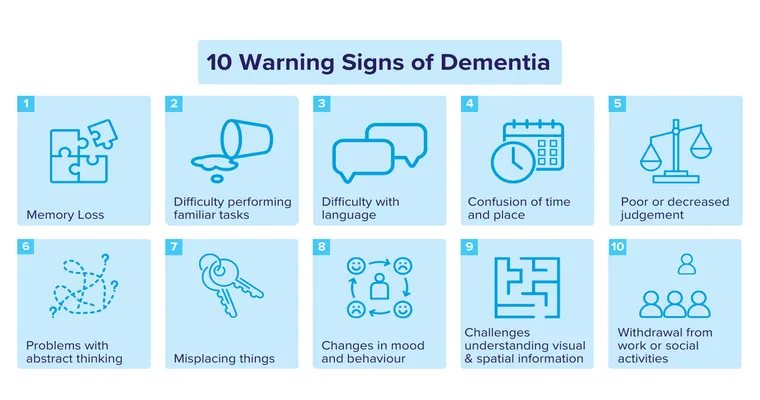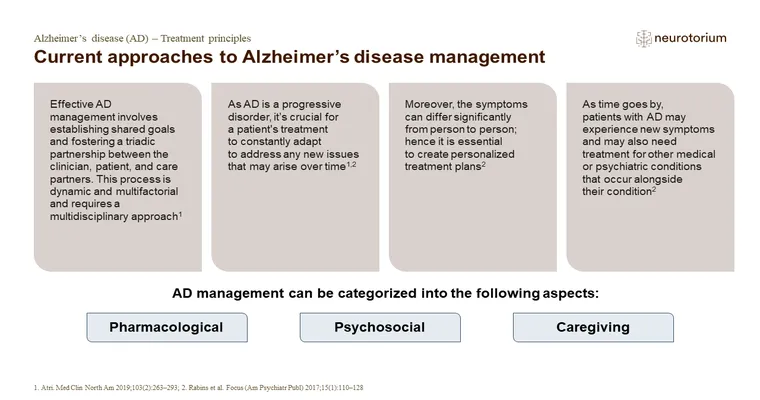Dementia is a broad term that encompasses various symptoms affecting memory, thinking, and social abilities severely enough to interfere with daily life. Recognizing the "early signs of dementia" is crucial for timely intervention and support. While it is common to forget names or appointments occasionally, persistent memory loss and changes in behavior can signal something more serious. Understanding these "warning signs" can help you or your loved ones seek medical advice sooner rather than later.
One of the most prominent "early signs of dementia" is memory loss. If someone frequently forgets recent conversations, struggles to recall important dates, or relies heavily on memory aids, it may be time to consult a healthcare professional. This type of memory loss is different from normal age-related forgetfulness; it often disrupts daily life and becomes a source of frustration.
Another significant indicator is difficulty in completing familiar tasks. Individuals may find that they are unable to follow a recipe they have used for years or may become confused about how to operate everyday appliances. This change in ability can be alarming and is often a sign that cognitive functions are declining.
Language problems also feature prominently among the "early signs of dementia". A person might struggle to find the right words, repeat themselves frequently, or have trouble following or joining conversations. This communication issue can lead to frustration and social withdrawal, further isolating the individual.
Changes in mood and personality are also noteworthy. Those affected by dementia may experience mood swings, become easily upset, or show signs of depression. If a previously outgoing person becomes withdrawn, anxious, or agitated, it could be indicative of underlying cognitive issues.
Additionally, visual-spatial difficulties can emerge. Individuals may have trouble judging distances, recognizing faces, or navigating familiar environments. These challenges may lead to increased accidents or falls, prompting concern for both the individual and their caregivers.
Lastly, impaired judgment is another red flag. Those in the early stages of dementia may make poor decisions, such as giving away large sums of money or neglecting personal hygiene. This decline in judgment can cause significant problems in everyday life and may require intervention from family or friends.
If you or someone you know is exhibiting these "early signs of dementia", it is essential to seek professional help. A healthcare provider can conduct assessments to determine the underlying causes and recommend appropriate steps for management and support. Early diagnosis can lead to better outcomes, allowing individuals to maintain their independence and quality of life for as long as possible.
In conclusion, recognizing the "early signs of dementia" is vital for prompt action and care. Memory loss, difficulty with familiar tasks, language problems, mood changes, visual-spatial difficulties, and impaired judgment are all critical indicators. If you observe these symptoms in yourself or a loved one, do not hesitate to consult a healthcare professional. Early intervention can make a significant difference in navigating this challenging journey.





